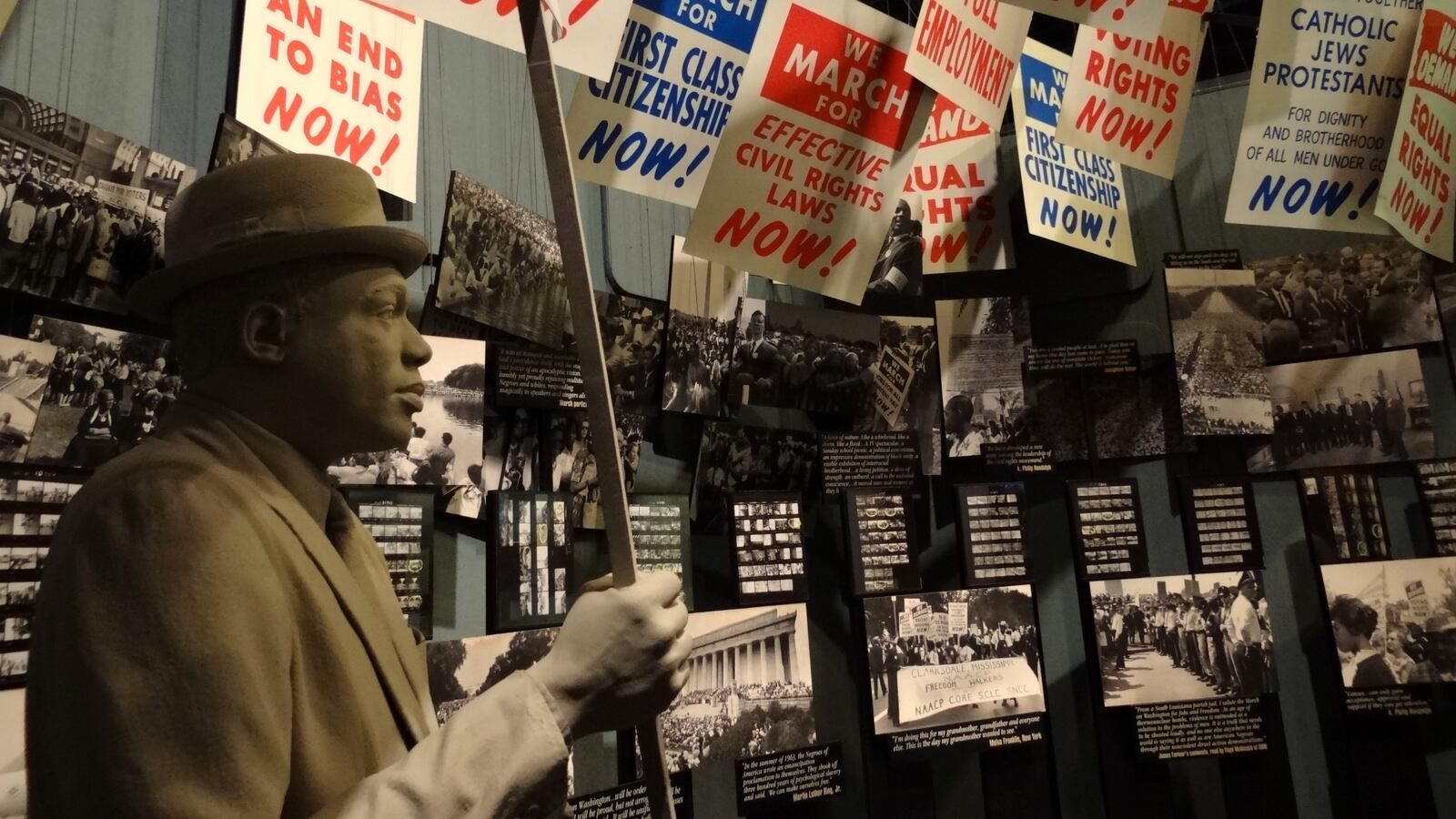It happens about this time every spring.
With the end of the school year fast approaching, educators struggle to cram in the information that their students need to know before summer break.
And in Tennessee, social studies teachers are especially challenged. Tasked with covering a large volume of material under the state’s 3-year-old standards for their subject, teachers have said that the order was too tall to do justice to millenniums of history.
The State Board of Education hopes that proposed new standards, slated to go into effect in the fall of 2019, strike a balance. By reducing the number of standards by 14 percent overall, the aim is to give teachers flexibility and time to go in-depth, while also covering important historic events.
“We are giving teachers a set of standards according to the the timeframe they have to teach and understanding that sometimes they want to dig deep,” said Jason Roach, who led the review process and is principal of Mooresburg Elementary School in Hawkins County.
Members of the State Board are expected to approve the standards on first reading on April 21.
It’s been a long, twisted road to get to the new standards, which set grade-specific goals for what a student should know at the end of a given grade or course.
The state spearheaded a laborious review for social studies ahead of schedule beginning in January 2016 after critics charged that 7th-grade standards addressing the Five Pillars of Islam amounted to “proselytizing.” The state opened up a public review of the standards based on a 2015 state law that outlined how the state would go about revising the Common Core standards for math and English.
A year ago, the State Board assembled an advisory team of 25 social studies teachers to look at 14,000 comments and determine what standards that students need to master, as well as to address teacher feedback that the volume of standards was too unwieldy.
But the draft they came up with caused another brouhaha. This time, critics feared the slimmed-down version left out critical knowledge about Tennessee history and the civil rights movement. In response, the State Board lengthened the second window for public feedback.
Then, a standards review committee appointed by Gov. Bill Haslam and top legislative leaders took into account that feedback that went into the final draft. Ultimately, members met for nearly 100 hours over 13 meetings — more than for any other standards review.
Roach said Thursday that he believes the proposed standards address initial concerns about proselytizing. He noted that a state law prohibits Tennessee standards from promoting any religion anyway. The new standards ask students to learn key texts, figures and beliefs for each major religion.
“We’re trying to provide students with context,” he said. “It has nothing to do with telling students what to think.”

